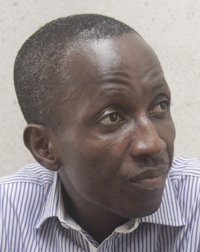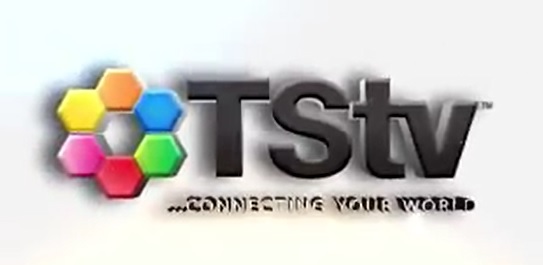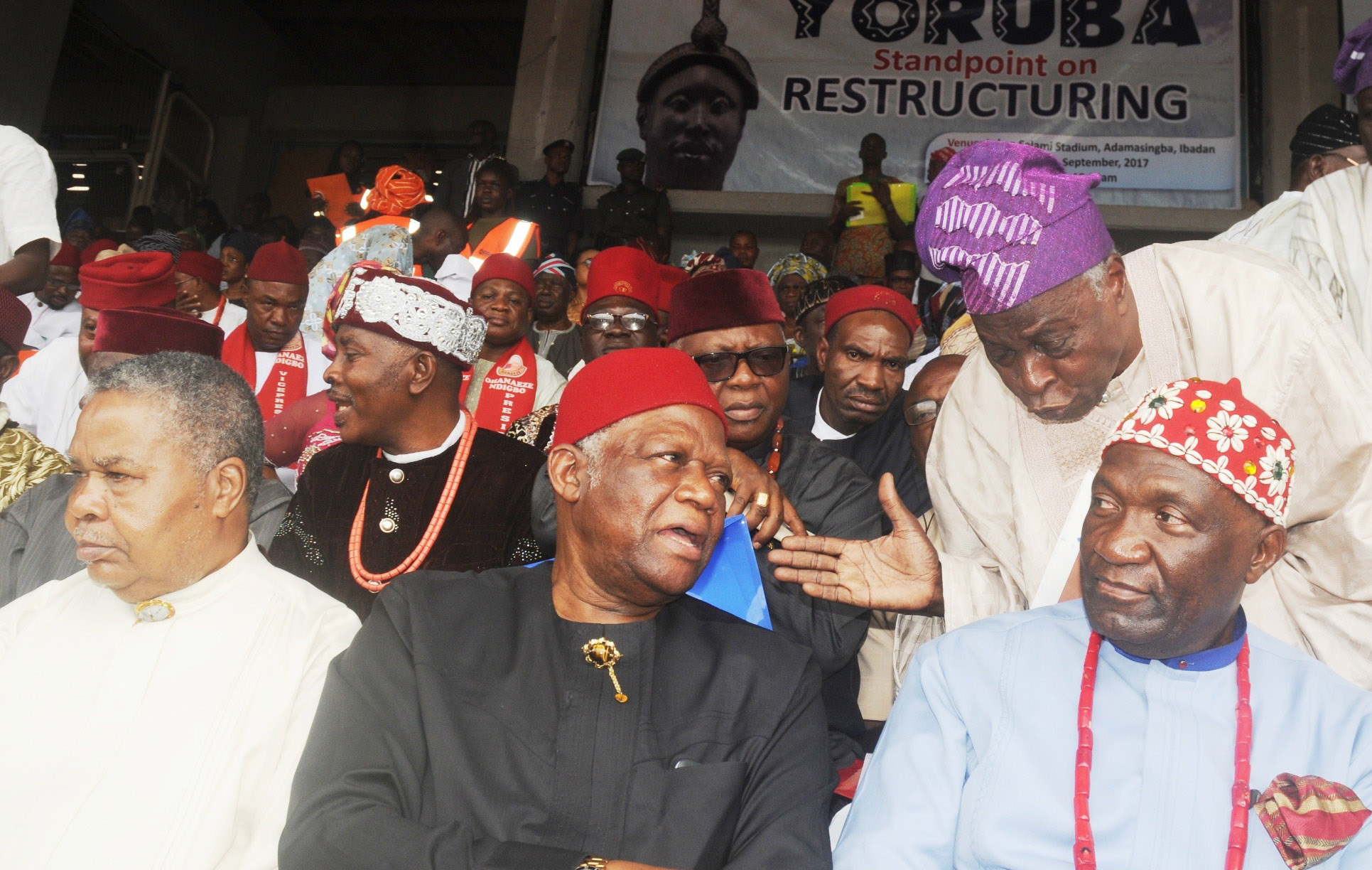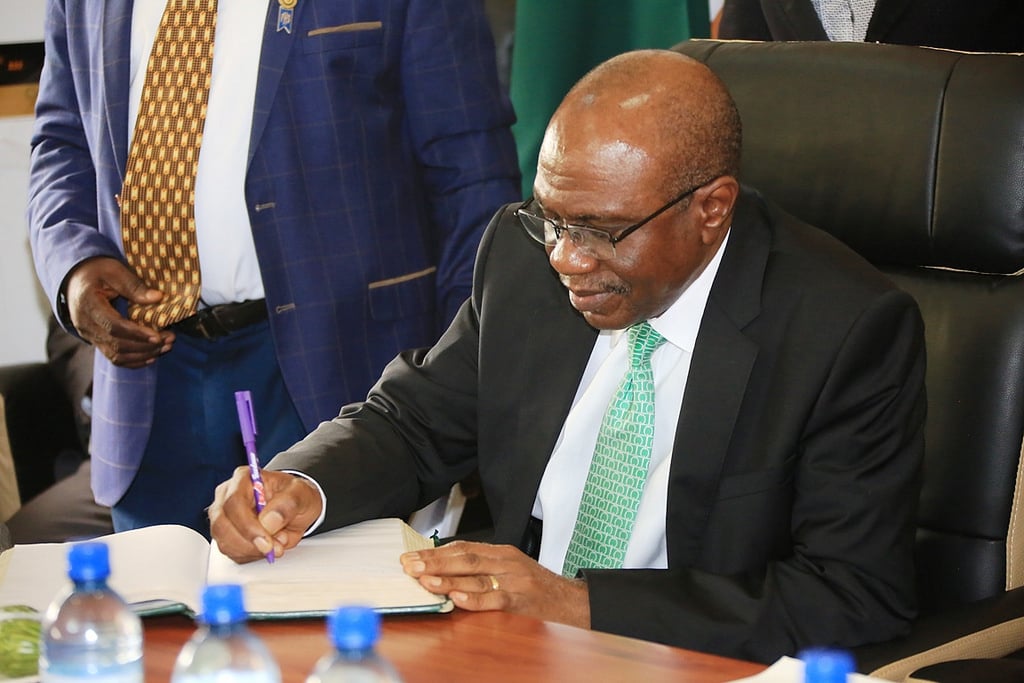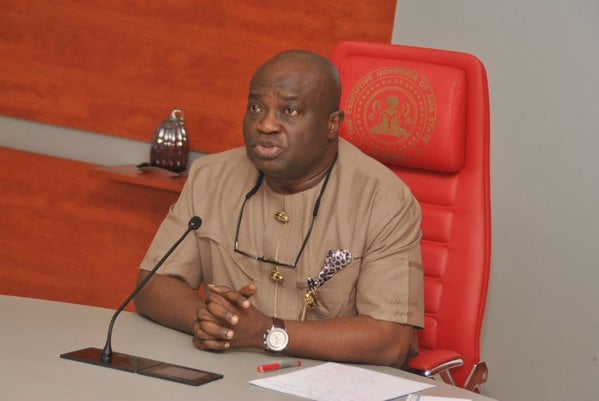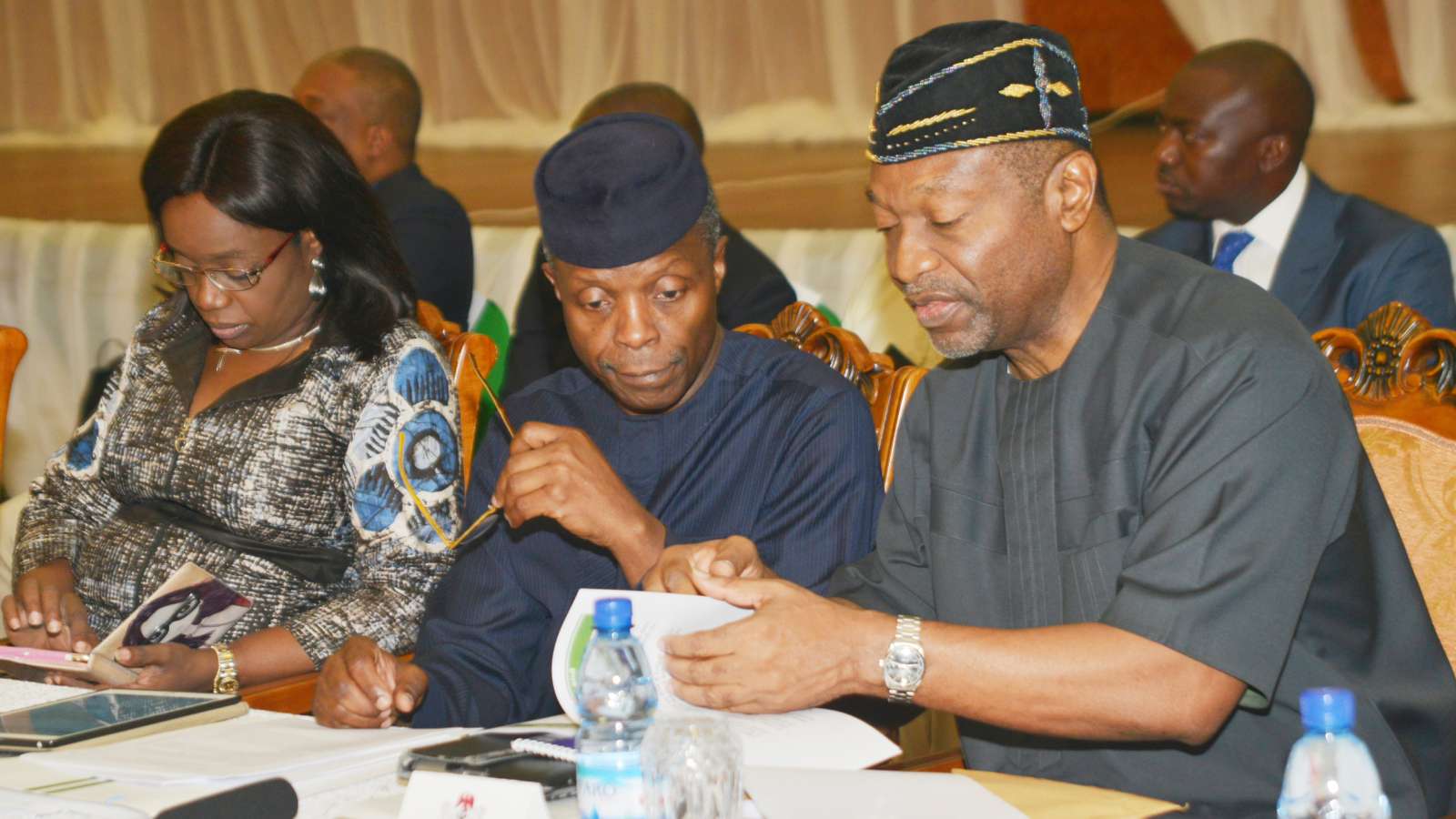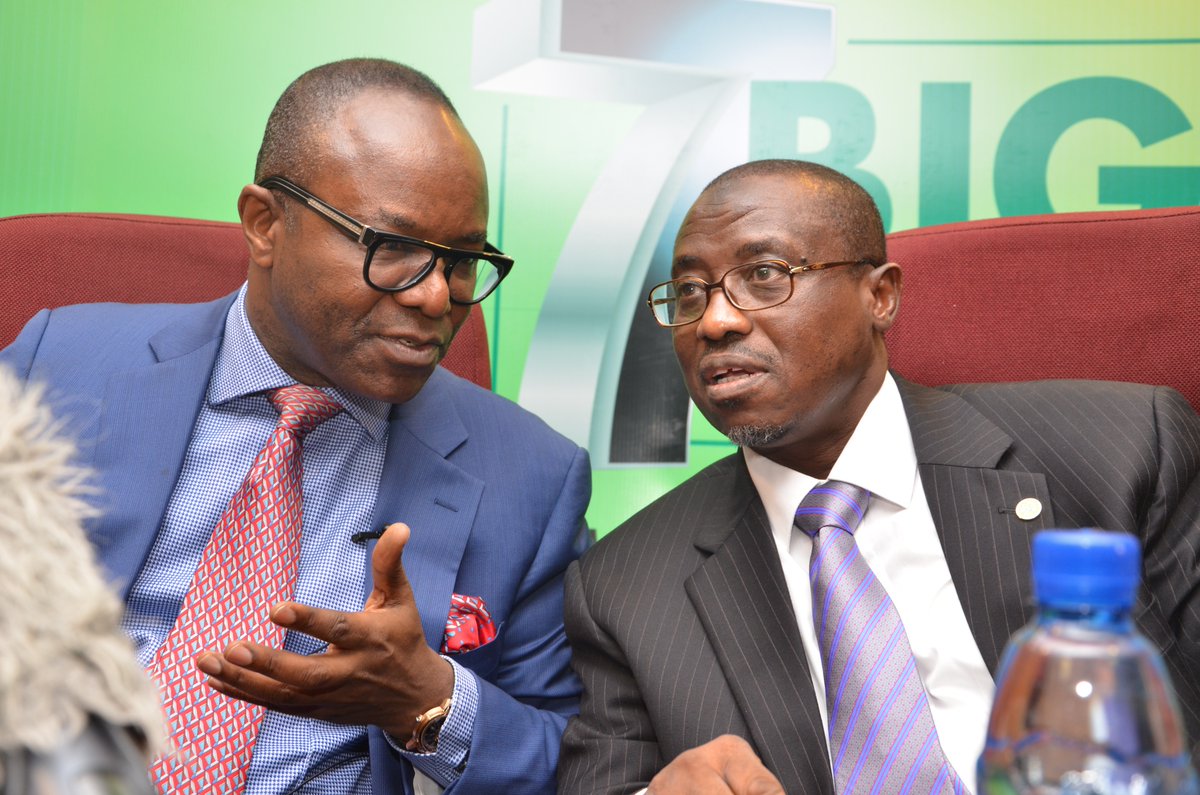Nigerians could be pardoned for the giddiness and excitement over the entrance of Telecom Satellite TV Africa into the world of pay TV in the land. I mean who would not be, seeing what DSTV has turned us to? But we need to step back and look at the undertones of the company’s appearance on Nigeria’s satellite television stage so that we don’t end up disappointed.
For those of us who still remember how SAP sapped our lives away in the late 80s, with a combination of neoliberal economic policies known as the Washington Consensus leading to students’ demonstrations and protests across the country otherwise known as anti-SAP riots, we must interrogate the red carpet being rolled out for the Bright Echefu-led TStv. One of the policies the World Bank and IMF exhorted African and Latin American countries to implement was bending over backward with tax breaks and other incentives to attract multinational corporations. Those who are old enough would also remember the aftermaths of SAP.
So, what do we make of the three year tax break that the federal government dashed out to TStv? With fanfare at an Independence Day launch, our voluble information minister, Lai Mohammed, told the nation with glee that TStv would not pay taxes for three years. Not only that, even TStv investors will not pay taxes on their dividends for those three years and this, for a company that is not quoted on stock exchange, is there a better deal elsewhere? Mr. Mohammed linked the tax incentive the Buhari government granted the creative sector as the reason behind this new entrant in pay TV business. He added that TStv Africa is a wholly owned Nigerian Pay TV operator “with refined offerings of novel unclassified pay per view subscription and complimentary internet services.”
Waoh, what a sales pitch. When a minister of the Federal Republic of Nigeria turns a marketer for a business outfit, we should be concerned, very concerned and dig deeper. It was also interesting that attendance at the launch cuts across party lines among the usual politicians and their hangers on in the land. That really got me interested making me to ask, “Who are the brains behind this new company?” With Echefu posing and smiling giddily that day, I wonder how his entrance into the business world seemingly looks smooth, very smooth. From experience, he might be the public face while the real owners are in the background preferring not to show their faces yet. Investigations over the weekend revealed that indeed there is a big masquerade behind TStv; hopefully Nigerians will get to meet him in due course.
Advertisement
Lest this be misconstrued, however, as a rant against a new business initiative in the land, I hasten to add that it is not. For readers who are familiar with this column, I’ve had reasons to call out DSTV severally in the past adding even at a time that we can do without it, so this is not a sales pitch at all for the South African company. But we cannot replace a monopoly with another monopoly, especially one whose entrance is shrouded in secrecy. Promising what you cannot deliver is a low for a new business organisation. Content is key worldwide and let’s face it, without the sports content DSTV cannot occupy the niche it does today in Nigeria. To its credit, it has also developed and nurtured some local content like Tinsel, Hush, and some other movies it shot over the years. It is still too expensive compared to the large customer base it boasts of in our country and I think that’s why it introduced GOTV for the lower end of the market. I remember a telephone discussion I had with one of its executives from South Africa on phone two years ago trying to persuade me to resume patronage having abandoned them. She told me of the difficulties in doing business in Nigeria compared to other countries where it operates even though I countered that our population offers an advantage than those countries.
TStv, however, should also stop making false promises to would-be subscribers. Why promising football games that you don’t have the rights yet? If negotiations are ongoing, why don’t you say so instead of setting people on a wild goose chase? It’s interesting that Echefu’s press conference on Saturday merely said that his company had agreements with organisations that have warned it against broadcasting their contents without valid agreements. One would have expected him to show proof of such agreements since those organisations widely shared their denials of such agreements. Shifting the commencement date to November 1 after much noise is a nice way of eating the humble pie after the excitement initially generated. Echefu and his 250 staff will do well to be careful of the landmines ahead and remember that Nigeria is a crematorium of many pay TV organisations.
Advertisement
Views expressed by contributors are strictly personal and not of TheCable.
Add a comment
